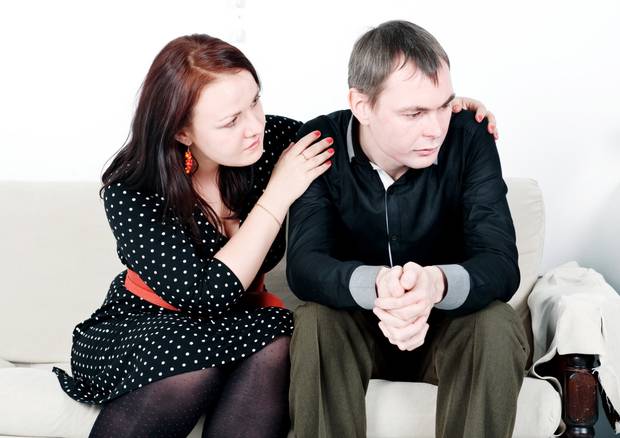
Q My 56-year-old husband was recently diagnosed with high cholesterol. However, he is unhappy about taking statins, as prescribed by his GP, as he’s heard about some potential side effects. What advice can you give?
Dr Nina replies: Cholesterol comes from two sources, about 75pc is made in our bodies and the other 25pc we gain from our diet. Cholesterol is divided into two main types of cholesterol – “good” and “bad” cholesterol.
A high level of good cholesterol protects the heart, whereas a high level of the bad one significantly increases the risk of cardiac disease.
Genes play a role in how your body uses cholesterol, but diet and lifestyle also play a major part.
Other risks for high cholesterol include obesity, a diet high in saturated fats, sedentary lifestyle, smoking, high blood pressure and diabetes.
A high level of bad cholesterol increases your risk of heart attack, stroke and all forms of cardiovascular disease. The primary treatment of high cholesterol remains improving your diet, increasing exercise and avoiding smoking and excess alcohol.
However, if your risk of cardiovascular disease remains significant your doctor may recommend medication to help reduce your cholesterol level.
Statins are the main class of drugs that help reduce cholesterol. These drugs block a substance in the liver that the body needs to make cholesterol thus reducing the levels in the blood.
Studies have shown that they may also have a beneficial effect on the arteries, helping to reabsorb some of the deposits here.
Statins have been shown in many medical studies to be very effective at reducing cholesterol and have been shown to significantly reduce the risk of all types of cardiovascular disease.
Despite their proven benefits many people remain concerned about taking these medications long-term.
Statins can cause changes in liver function.
Those starting statins should have a blood test taken a month later to check for changes in liver function. If significant change has occurred your doctor may stop your medication. This is quite rare and early changes will go back to normal on stopping medication.
Statins can also cause muscle aches and pains and, rarely, cause a condition called rhabdomyolysis where muscle breakdown occurs. If you notice muscle pain it is worth stopping your medication for two weeks. If the pain goes away it may have been medication related. Changing to a different statin or reducing the dose may solve simple muscle pain in some patients.
Some people notice nausea, bloating or change in bowel habits. These side effects normally settle and don’t require stopping or changing medication. Taking the tablet at night may help reduce them.
The benefits of statins have been shown to far outweigh any risks associated with them in those who have significant cardiac risk.
Statins don’t just reduce cholesterol; they have a beneficial effect on the cardiovascular system as a whole. It is likely that blood cholesterol will rise again on ceasing medication so stopping them isn’t normally advised.
Health & Living
